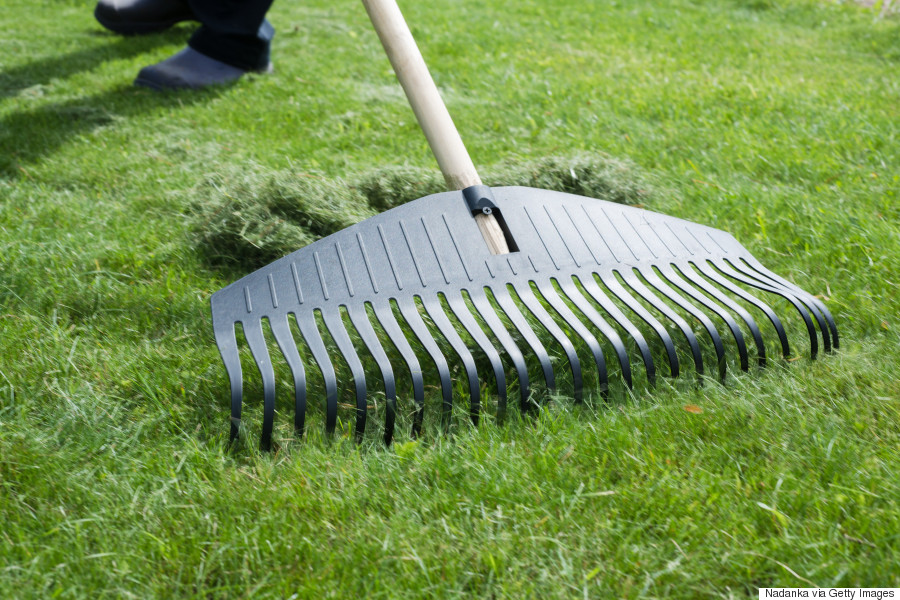

I know, Goldilocks didn't mention airflow. (The best compost piles follow the Goldilocks rule: Not too wet and not too dry. Do this, and you create the distinct possibility that the living creatures that fuel the composting process will be so perfectly fed and working at such maximum speed and efficiency that you can achieve finished compost in the legendary two to five weeks, depending on how honest you are when you measure the ingredients, the size of the pile (the more mass, the faster it'll cook), and of course, the moisture level. Now you can use clippings to make great compost, but to do so you have to mix small amounts of well-shredded grass clippings in with large amounts of well-shredded leaves. The benefit of adding things like lettuce leaves, apple cores and broccoli stalks to a compost pile or bin is mostly in the soothing of your recycling conscience, not in their ability to create high quality compost. Now, grass clippings are THEORETICALLY better at this feeding than your average kitchen waste, as the clippings are hot, hot, hot, and with a few exceptions (most notably spent coffee grounds), kitchen garbage is cold, meaning low in Nitrogen. In the simplest sense, these Nitrogen rich components don't become the compost in a pile instead they provide food for the billions of little microorganisms that fuel the process of turning the other stuff-the so-called 'dry browns' that should make up at least 80% of a pile-into the garden gold our plants so crave. That's pretty much the same level you'd find in really HOT manures, like bat and bird guano. Those clippings are VERY high in Nitrogen-about 10%. While the excessive rain in your region has made the situation worse, trying to compost green grass clippings alone is never a good idea.

(Actually, THREE big green stinky messes.) This is a common mistake for rookie composters, especially in the summer, when grass clippings are abundant. What your son has is just a big green stinky mess. 'Green manure' is a crop that you grow to plow into the ground as living fertilizer. Elizabeth in North Plainfield, New JerseyĪ. That should be really great for the garden.no? I examined one pile today and it's actually like "green manure" you know, all soft and squishy.
#Mixing grass clippings into soil plus#
What can be done to make these piles more effective at breaking down? They have been turned, but we recently added a lot of grass-and that plus the rain has made things a compacted mess. With all the rain we've had, the piles have become wet, compacted, dense and very heavy. My son has been trying to make compost out of three large piles of grass contained by plastic fencing.


 0 kommentar(er)
0 kommentar(er)
